Examining the Risks of Political Violence and Predictions of Civil Unrest in America
The article examines predictions by Dmitry Medvedev about a potential second civil war in the U.S. due to the 2024 election. While some Americans fear this possibility, historians argue that large-scale conflict is unlikely, citing instead the risks of political violence and the importance of maintaining civil discourse.
Recent comments by former Russian Prime Minister Dmitry Medvedev concerning the potential for a second civil war in the United States as a consequence of the upcoming 2024 presidential election have sparked significant discourse. While such predictions could typically be relegated to the realm of sensationalized rhetoric, the resonance of similar fears amongst the American populace cannot be disregarded altogether. Many citizens express concerns regarding escalating polarization and economic disparity within the nation, contributing to an unsettling atmosphere reminiscent of the political violence witnessed on January 6, 2021, and during the protests following George Floyd’s death. Ashen from historical analysis, scholars specializing in the American Civil War express skepticism about predictions of large-scale armed conflict in contemporary society. They anticipate potential ideological skirmishes rather than a full-fledged civil war. Notably, Greg Downs, a history professor at UC Davis, points out that political conflict, while inherent to democracy, does not automatically equate to violence: “Violence becoming more prevalent in politics is a different story than normal political tension. There should be ongoing efforts to remove violence from our electoral and governmental systems.” Downs further draws a comparison to the tumultuous political environment of the 1840s, emphasizing that current electoral processes remain markedly more civil. Manisha Sinha, a historian at the University of Connecticut, echoes Downs’ views while acknowledging the troubling state of current political division, although she asserts that labeling the situation as a prelude to civil war is misplaced: “Today’s political violence is concerning, but it’s nowhere near a full-blown war.” Sinha notes the longstanding legacy of unresolved issues surrounding democracy and civil rights that continue to resonate today, reminding us of the historical context in the struggle for a cohesive society. Jeremi Suri from the University of Texas highlights the potential for politically motivated violence, particularly with the risk of instigation from influential figures such as Donald Trump or Senator Ted Cruz should the GOP experience electoral setbacks. He warns against a troubling trajectory where calls to action could escalate from mere rhetoric to violent retribution against political adversaries. Downs posits that a major catalyst for a civil confrontation would be a profound rift within the United States military, a scenario currently deemed unlikely given the contemporary landscape of citizen engagement and information consumption. He concludes that modern distractions and the rapid pace of news cycles contribute to an overall diminished likelihood for sustained violent uprising, not to mention the focus on constructive pathways offered by citizens committed to representing democratic values. Ultimately, while present concerns about political violence and division persist, prominent historians caution against alarmist predictions of civil warfare. They advocate for a reasoned approach that seeks to heal societal rifts through dialogue and understanding.
The article discusses a provocative prediction made by Dmitry Medvedev regarding the United States potentially heading towards a second civil war due to the 2024 presidential election. This theme is contextualized by concerns of increasing polarization, economic division, and political violence reflected in recent events. Experts in history and political science voice their perspectives, drawing from the lessons of the original Civil War while emphasizing the current complexities of American political life. The piece reviews sentiments expressed by several historians, who, while acknowledging the potential for conflict, generally assert that predictions of full-scale civil unrest are exaggerated.
In conclusion, while notable figures have predicted potential unrest stemming from the upcoming presidential election, scholars maintain that fears of a second civil war are largely miscalculated. They agree that the political climate remains tense and fraught with division yet cautions against equating current tensions with the catastrophic violence of the past. Instead, a focus on fostering dialogue and countering divisive rhetoric is deemed essential in navigating present and future challenges in American democracy.
Original Source: www.washingtonexaminer.com
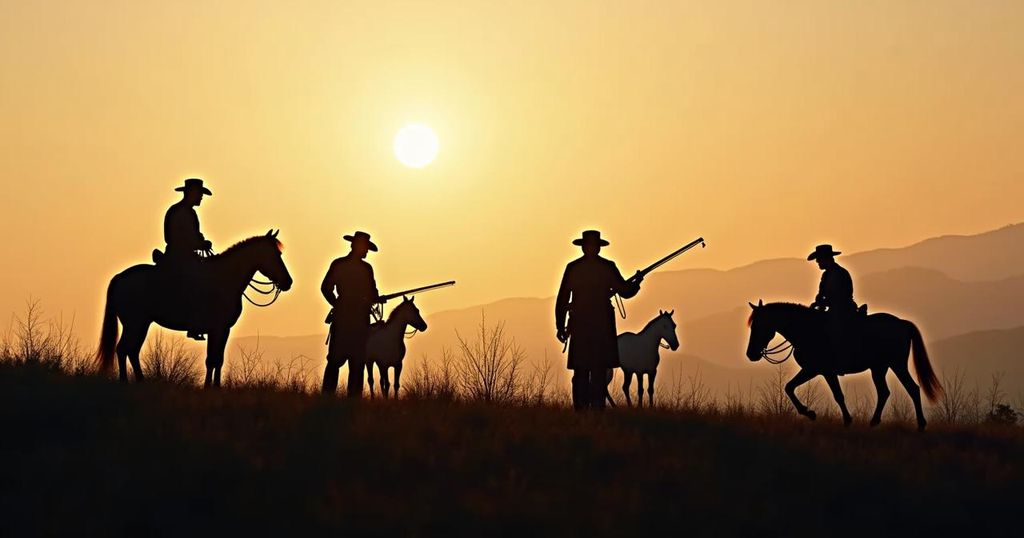
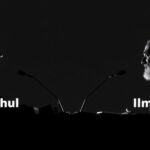
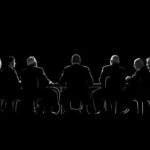


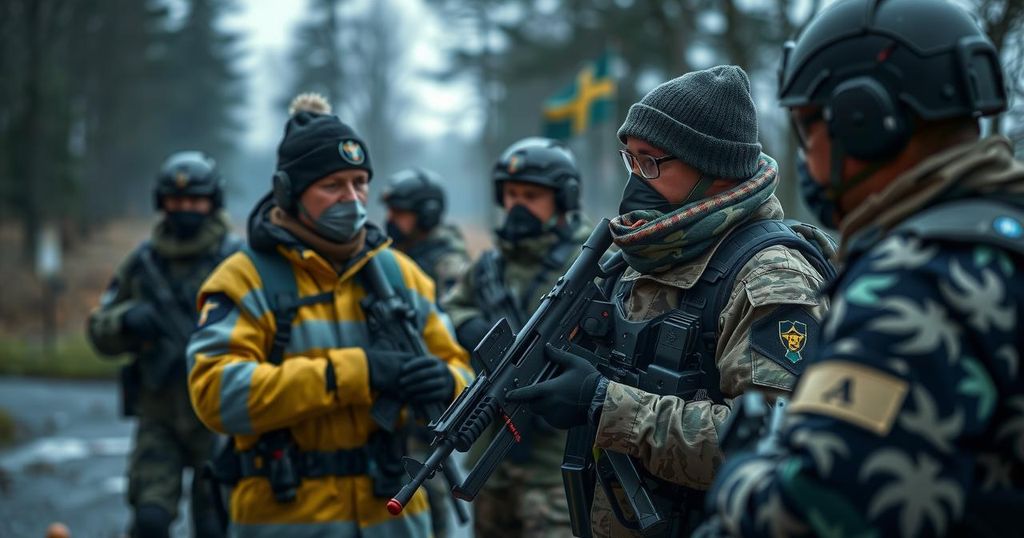
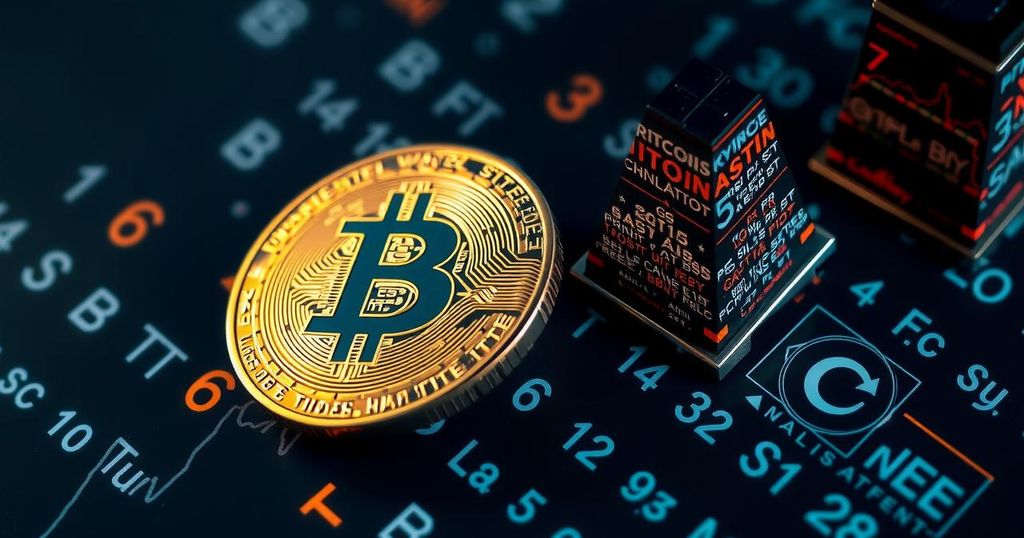
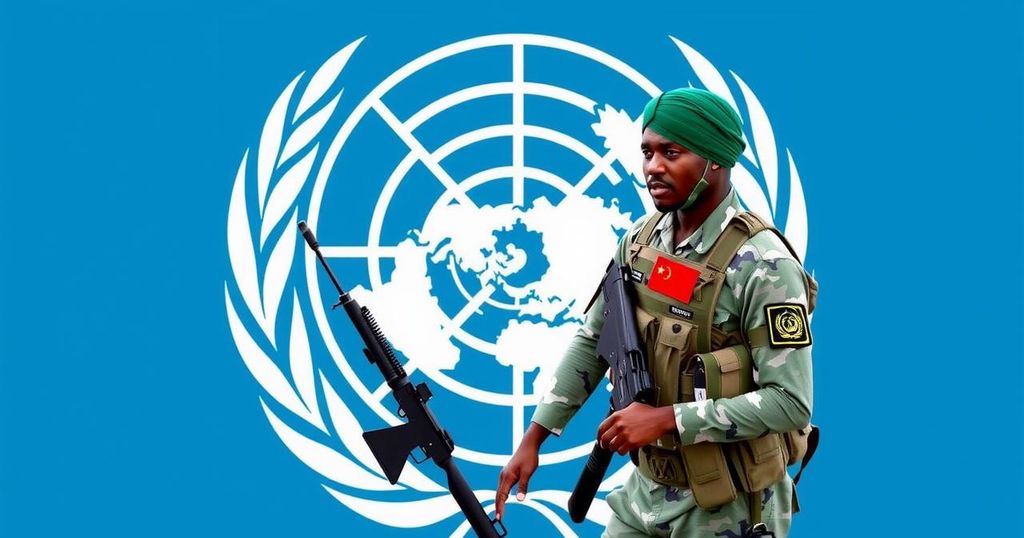
Post Comment